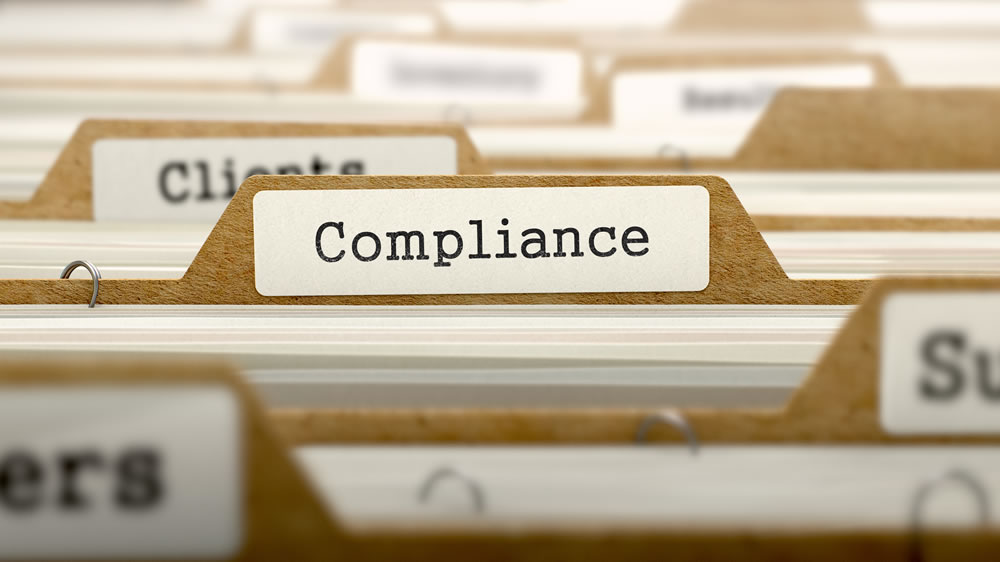By: Larry Steinberg and William Miller
For companies that use web-monitoring services to identify possible policy violations, is it a reasonable business practice to limit the search parameters to only go back a certain number of years?
When it reversed 40 years of appellate precedent by ruling that Section 13(b) does not authorize the Federal Trade Commission to seek monetary relief, the Supreme Court relied not only on the language of Section 13(b), but also on the presence of other provisions in the FTC Act, which expressly allow the FTC to obtain monetary relief for consumers.
This content is restricted to site members. If you are an existing user, please log in. New users may register below.


